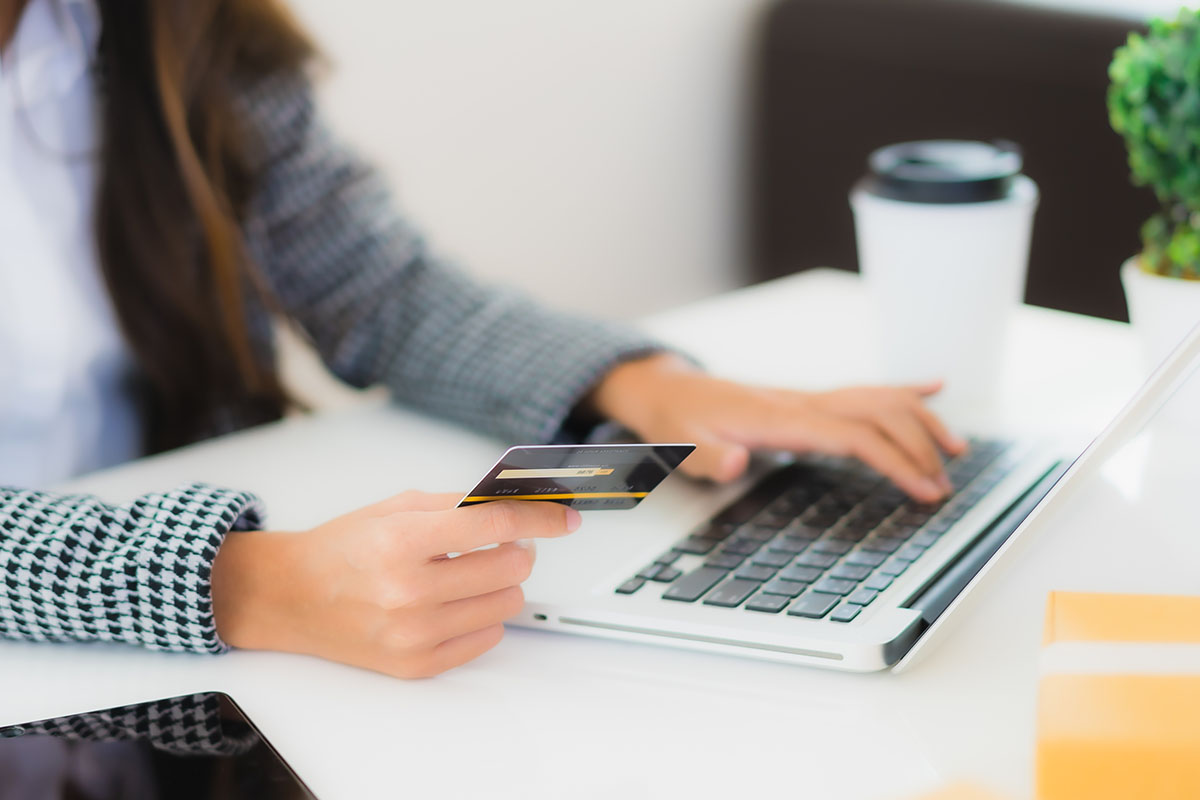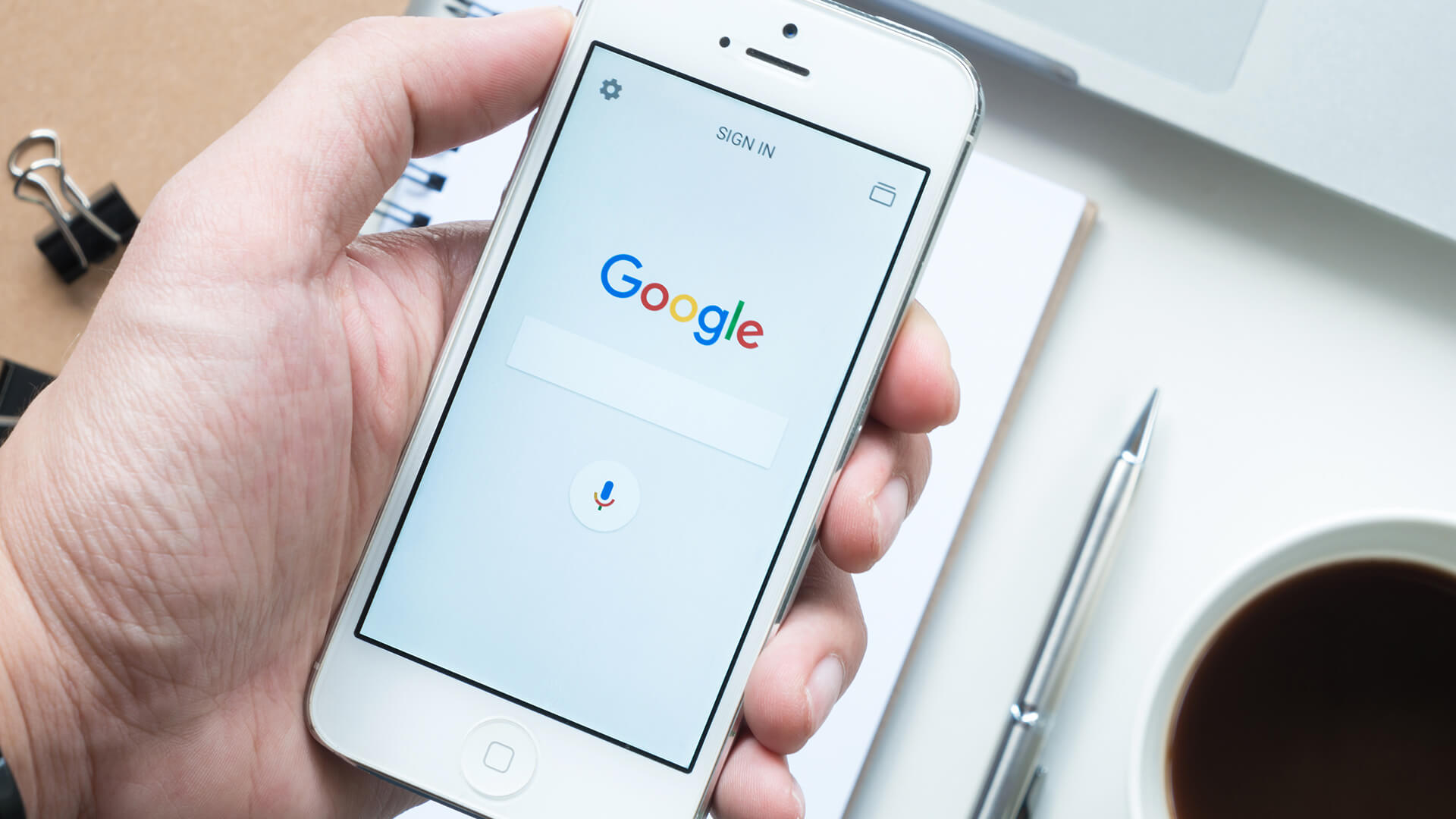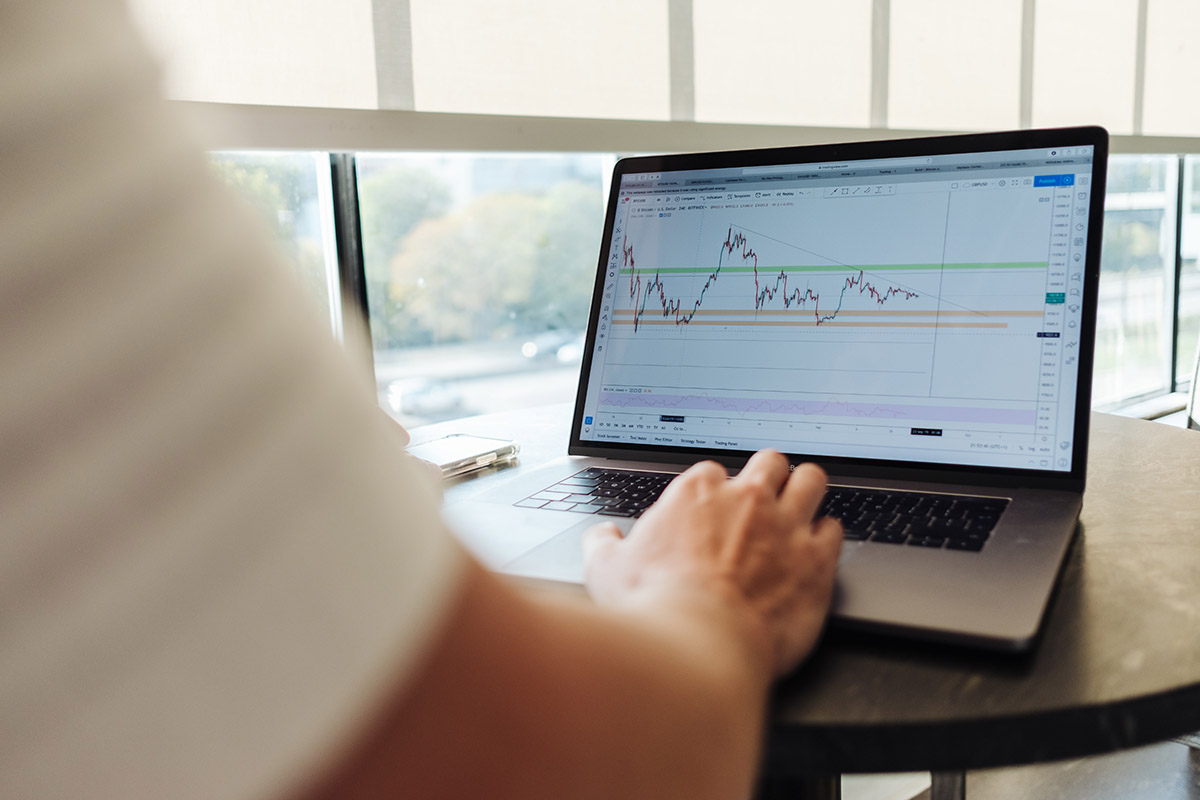The Pros and Cons of Buy Now, Pay Later Finance Options
The hottest way to pay for just about anything this year is Buy Now, Pay Later (BNPL). This new finance option lets shoppers get what they want immediately and pay for it down the road. This modern-day layaway plan is experiencing explosive growth as more people shop online and keep their wallets close to the vest in an uncertain economy.
New studies by The Ascent show an increase of almost 50% of consumers using the new payment method since last year. The largest growth was among 18-to-24-year-olds and those 55 and older. Also, 53% of shoppers who have not used BNPL say they’re likely to use it within the next year. The surge of interest means that consumers are looking for convenient and easy ways to pay for purchases without the sting of high monthly credit card bills.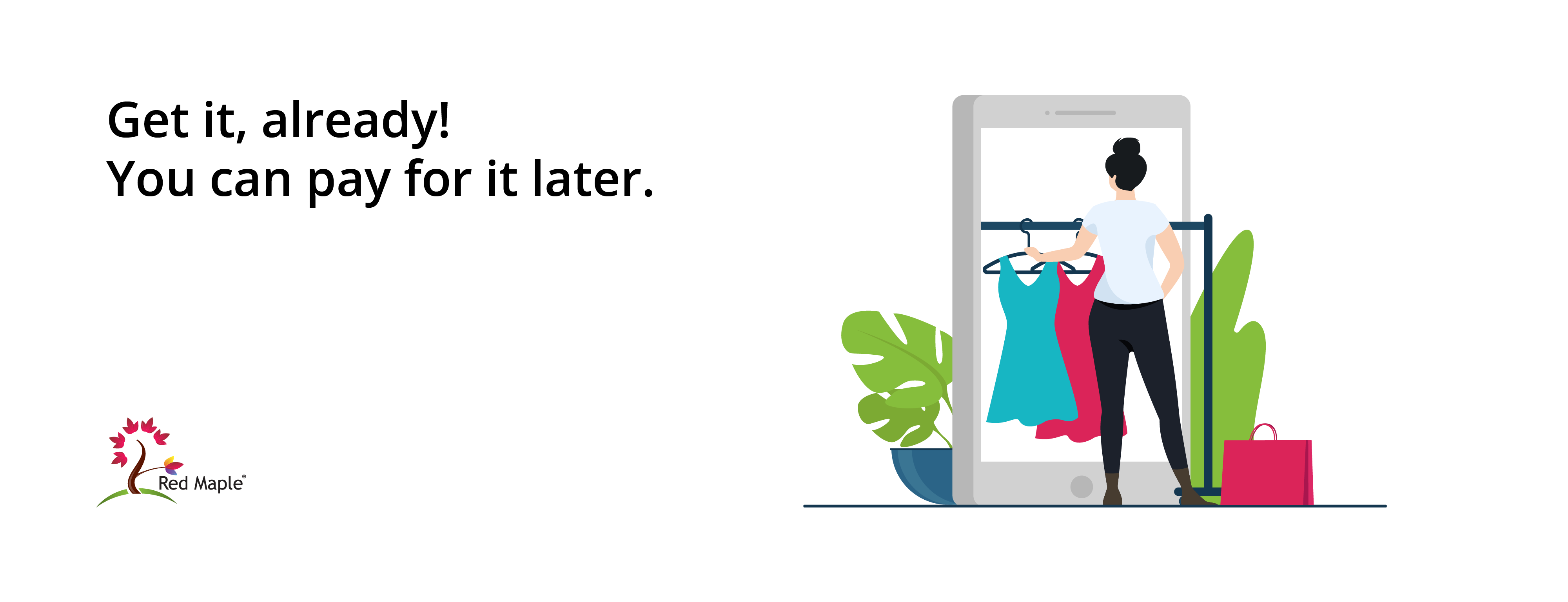
Retailers are taking note and moving quickly to add the new payment method. Before the pandemic, the high-end children’s clothing company Hanna Andersson used to only accept traditional credit card payments and PayPal. Recently, it sought help from software vendor Red Maple to add a new payment solution for them called Afterpay. It allows Hanna Andersson to offer customers an installment plan with four interest-free payments over eight weeks. Overall, Red Maple says BNPL is good for business.
“No matter how much money you make, your kids are going to outgrow their shoes. Buy now, pay later can help parents buy essentials that could otherwise be difficult for them to do in this economy,” said Jennifer Robertson, CEO of Red Maple. “This new payment method also helps retailers increase their overall sales and improve the customer experience.”
There are other benefits and some drawbacks for buy now and pay later services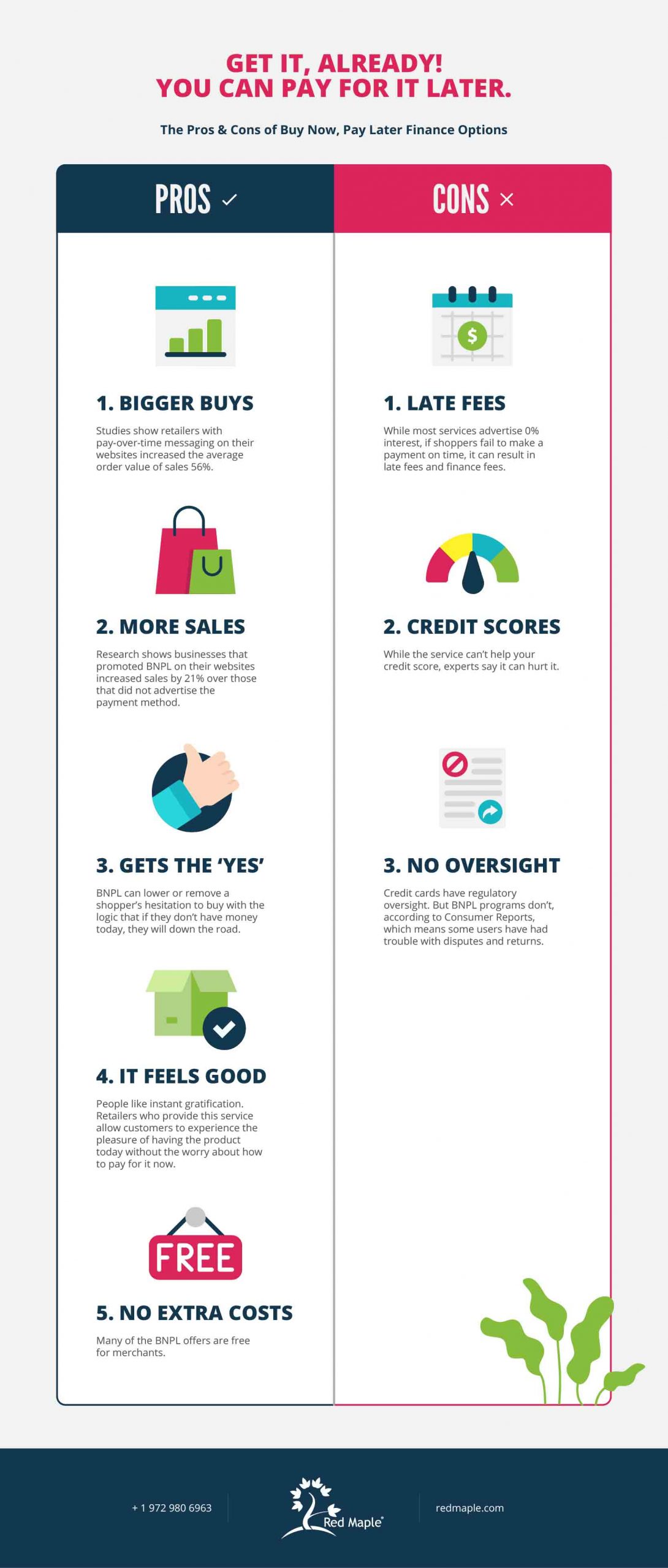
PROS
- Bigger buys– Studies show retailers with pay-over-time messaging on their websites increased the average order value of sales by 56%. That means shoppers are buying more expensive items knowing there is time to pay them off. Forty-five percent of BNPL customers said they bought items that didn’t fit their budgets.
- More sales – The service increases overall sales. Research shows businesses that promoted BNPL on their websites increased sales by 21% over those that did not advertise the payment method. Customers are buying more because they only pay a fraction of the price at the counter to take the product home and sometimes pay nothing at all. Often there is no interest either if payments are made on time.
- It gets to the “Yes” – BNPL can lower or remove a shopper’s hesitation to buy with the logic that if they don’t have money today, they will down the road. Twenty-five percent of shoppers told researchers they lost their job which is why they chose BNPL to make purchases, while 41% of shoppers said they used the method to conserve cash in case of an emergency.
- It feels good – People like instant gratification. Retailers who provide this service allowing customers to experience the pleasure of having the product today without the worry about how to pay for it today. That kind of service will improve customer satisfaction and increase customer loyalty. One study shows businesses with flexible payments see a 20% annual repeat purchase rate.
- No extra costs – Many of the BNPL offers are free for merchants.
CONS
- Late fees – while most services advertise 0% interest, if shoppers fail to make a payment on time, it can result in late fees and finance fees. For example, Affirm charges up to 30% interest depending on product and person’s credit rating, while FuturePay charges up to $38 per late payment. Research shows one-third of BNPL users have made late payments or incur late fees. People 18-to-24 are the most likely to make late payments and get fined.
- Can impact credit scores – While the service can’t help your credit score, experts say it can hurt it. For example, if shoppers are late paying a credit card, the credit card company may not report it to the credit bureau if most payments are on time. However, BNPL services report all late payments to the credit bureaus, which will reduce credit scores.
- No oversight – Credit cards have regulatory oversight. But BNPL programs don’t, according to Consumer Reports, which means some users have had trouble with disputes and returns.
If your business is still only taking credit cards and PayPal, it’s time to explore BNPL services so you don’t lose customers and sales. There has been a huge spike in the number of shoppers using the finance option during the last year, and experts predict the explosive growth will continue through the next few years.
